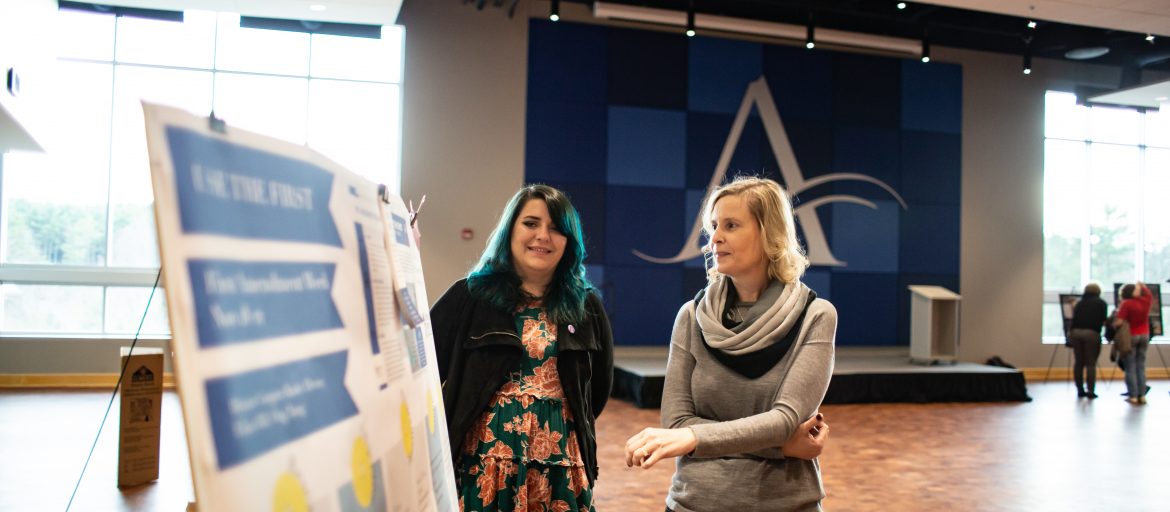Abstract
Traditional academic research methods seek to produce objective results. This paradigm of research often elevates the presumed objectivity over subjective or experiential knowledge. This positivist paradigm operates on the premise that there exists a single reality independent from the inquirer, by which the subject/object can be observed from a distance and methods are utilized to control any confounding variables. The current project set out to explore and understand the best approaches to community development. The experience proved to be a journey through a range of research methods and techniques, uniquely shaped by the socio-cultural, historical, political and economic climate of the community. Through the research process, we, as researchers, arrived at a revised paradigm for working with and engaging populations, one that equitably distributes the involvement of community members, organizations, and researchers alike; a new method that celebrates the importance of the process as much as the outcomes. In the summer of 2012, we investigated the specific post-desegregation and urban renewal policies that have contributed to racially disparate outcomes amongst the residents of Western North Carolina, focusing specifically on the small community neighborhood of Shiloh, North Carolina. We explored and identified the most effective way to address these inequities while working to promote sustainable processes of growth within the community. This paper is unique in that it highlights the many incarnations a project can take while working within a community to research and promote health and social justice. Through the journey, we as “researchers†gleaned insight into the awesome potential for social science/public health research methods to enhance the community if the investigator is willing to fully immerse oneself, be adaptive, and share equal investment in the outcomes of the community. Traditional academic research methods often create an inherent power dynamic between the researcher and the subject. Through new and creative methods of community-building, the University can create positive, lasting relationships with a community, in an environment that fosters mutual growth. With community-based participatory research, the traditional power structures inherent in research will still exist, but a new level of transparency and honesty is accrued, which in turn fosters a greater potential for equal investment in the outcomes. Academic institutions must continue to explore these mutually beneficial avenues of research and practice.
How to Cite
Rumley, K. J., (2013) “Shifting the Research Paradigm: Exploring Community-Based Participatory Research and the Implications of Traditional Research Methods on African-American Populations”, Capstone, The UNC Asheville Journal of Undergraduate Scholarship 26(1).
79
Views
96
Downloads
